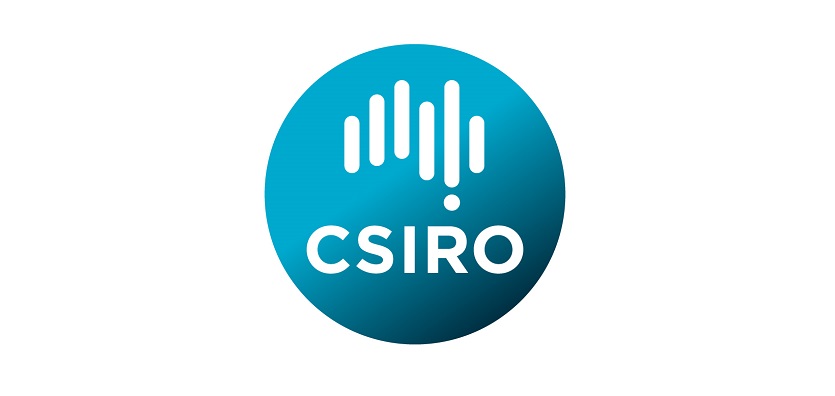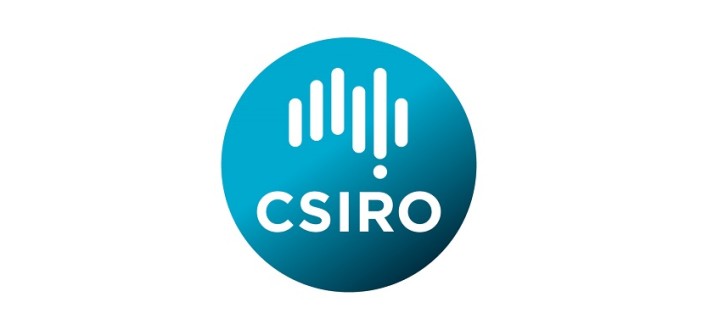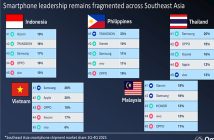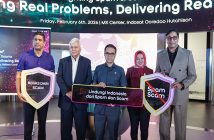
 A study from CSIRO’s Data61 has identified the top seven emerging industries within ASEAN and neighbouring nations that will fuel future regional growth, international collaboration and job creation.
A study from CSIRO’s Data61 has identified the top seven emerging industries within ASEAN and neighbouring nations that will fuel future regional growth, international collaboration and job creation.
Launched this week to coincide with the ASEAN Special Summit in Australia, the Sunrise Industries report aims to inform government and industry on potential future areas for growth – ranging from AI to energy storage – and help decision makers capitalise on opportunities for the region.
As the ASEAN region transforms rapidly — due to economic development, industrial transition, technological advancement and a growing consumer class — Australia’s place in the region is evolving in tandem.
The world’s economic ‘centre of gravity’ is shifting eastwards with the 10 countries that comprise the Association of Southeast Asian Nations (ASEAN) generating an annual average GDP growth of 4.6 per cent in 2016, exceeding the global average of 3.2 per cent.
Dr Larry Marshall, CSIRO’s Chief Executive, said the ASEAN region could be the world’s fourth largest economy by 2030
“That’s a tremendous market pull for Australian innovation in One Health, precision agriculture, industry 4.0, and the evolution to society 5.0,” Dr Marshall said.
“Each of these opportunities is strongly supported by breakthrough Australian science, giving the potential for enormous economic benefit as we help ASEAN countries make this transition.
“To catalyse Australian innovation we need to think beyond our traditional boundaries and adapt a global vision.
“In particular, we need to push the envelope when it comes to collaborative research and development with our ASEAN neighbours.
“As part of CSIRO’s Strategy 2020, we are increasing our focus on global partnerships to drive Australian innovation across the entire region.”
Data61 CEO Adrian Turner said the ASEAN region was moving towards Industry 4.0, which presented a window of opportunity for Australia.
“This is characterised by the connection of physical assets to the digital world and the convergence of industries underpinned by data and technology,” Mr Turner said.
“With breakthroughs in machine learning and artificial intelligence, cybersecurity and privacy preserving data sharing applied to financial services, personalised health and nutrition and energy storage, there are a set of emerging industries that will generate new economic activity between Australian and ASEAN businesses.”
Data61 Senior Principal Scientist and co-author of the report Stefan Hajkowicz defines ‘Sunrise Industries’ as new industries arising due to technological, regulatory, economic or social change.
“The report interrogates trends in the region to identify these emerging industries.
“While some existing industries will decline, there are a set of emerging industries underpinned by advances in science and technology that will contribute to ASEAN’s growth,” Dr Hajkowicz said.
The Sunrise Industries identified in the new report include:
- Artificial intelligence and autonomous systems. Made up of large and small companies which design, construct, implement and operate automated systems, this industry emerges as a result of the increasing capabilities of automation and artificial intelligence to deliver benefits at lower costs.
- Financial and regulatory services technology. Enabled by technology and growing demand for innovative financial services, the FinTech and RegTech sector is made up of companies that provide digitally enabled financial and regulatory products and services.
- High value nutrition. Growing incomes, rates of chronic diseases and concerns about food safety and provenance have driven demand for healthy, traceable and trustworthy food products that are sustainably and ethically produced, giving rise to an industry focused on high value nutrition.
- Next generation energy storage and distribution. Improvements in the affordability and capability of batteries, other technological innovations, and consumer demand for clean energy solutions are fuelling demand for companies (both big and small) in the energy storage and distribution market.
- Cyber-physical systems security. While cyber-physical systems (i.e. systems which have intertwined software and physical components) are becoming increasingly widespread, they can be vulnerable to hacking, creating new opportunities for the cyber-physical systems security industry.
- Personal health and ageing. Rapidly aging populations are creating demand for products and services related to personal health and ageing (e.g. apps, wearable devices and mobile/telehealth services) along with personalised health and aged care.
- Digital infrastructure and connectivity. While the wider Asia Pacific region has some of the world’s most digitally advanced nations, digital infrastructure is still lacking for many ASEAN members, creating opportunities for the digital infrastructure industry to respond to the growing connectivity demand.
Digital infrastructure underpins each one of these Sunrise Industries, so ensuring quality regional broadband access will be crucial to enabling these industries to develop across the entire region.
Other key areas of collaboration include data protection, digital business legislation and education to address ASEAN’s shortage of technically-skilled workers.
Adrian Turner said intra-regional collaboration will be critical for success.
“Initiatives like the Asia-Pacific Information Superhighway to improve regional connectivity and a framework for cybersecurity will help the whole region, Australia included, to facilitate the growth of these new industries and the jobs that come with them,” Mr Turner said.
To download a PDF of the report, visit: Sunrise Industries Report





